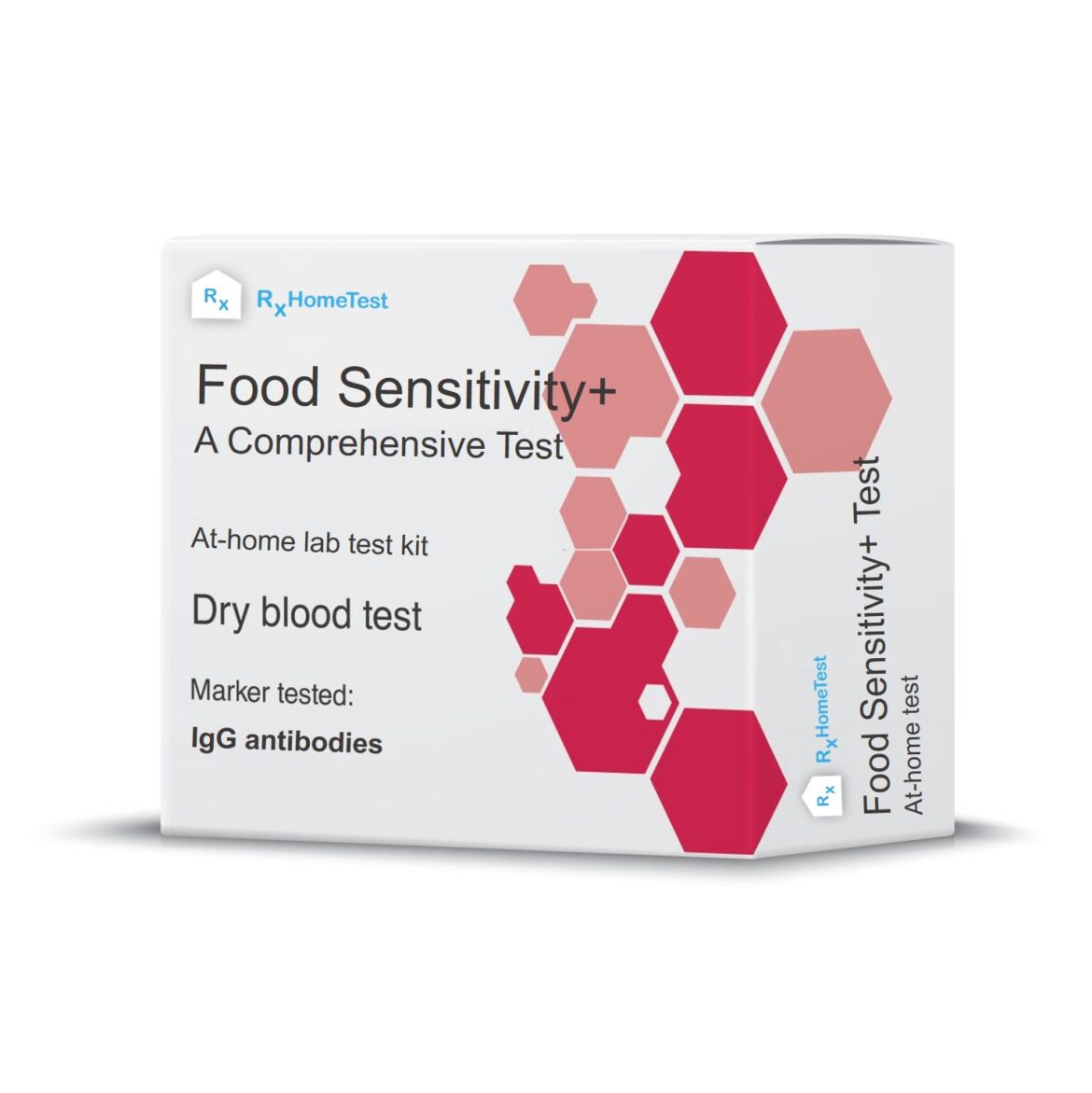As we continually seek ways to optimize our health and well-being, personalized nutrition has emerged as a key focus area. One important tool in achieving personalized nutrition is food sensitivity testing. Through the exploration of food sensitivity tests, individuals can uncover potential triggers that may be causing various health issues and tailor their diet accordingly.
Food sensitivity tests play a crucial role in identifying food intolerances that may not be immediately obvious. Unlike food allergies that trigger an immune system response, food sensitivities can manifest in a variety of ways, such as digestive issues, inflammation, fatigue, and skin problems. By pinpointing these sensitivities, individuals can eliminate or reduce their intake of problematic foods, leading to improvements in overall health and well-being.
In addition to identifying specific food sensitivities, food sensitivity tests also provide valuable insights into overall gut health. The gut microbiome plays a critical role in digestion, nutrient absorption, and immune function. Imbalances in the gut microbiome, often exacerbated by the consumption of foods that trigger sensitivities, can lead to a host of health issues. By addressing food sensitivities through testing, individuals can work towards restoring balance in their gut and improving their overall health.
Furthermore, food sensitivity testing can help individuals make informed decisions about their diet and lifestyle. Armed with knowledge about their unique sensitivities, individuals can tailor their food choices to support their health goals. By eliminating trigger foods and focusing on nutrient-dense whole foods, individuals can optimize their nutrient intake and support optimal health and performance.
Moreover, food sensitivity tests can be especially beneficial for individuals with chronic health conditions. Conditions such as autoimmune diseases, digestive disorders, and skin conditions are often linked to food sensitivities. By identifying and addressing these sensitivities, individuals can potentially alleviate symptoms and improve their quality of life. This personalized approach to nutrition can empower individuals to take control of their health and well-being.
Overall, the role of food sensitivity tests in personalized nutrition and health optimization cannot be overstated. By identifying specific food sensitivities, individuals can make targeted dietary changes that support their unique needs. With insights into gut health and the potential triggers of chronic health conditions, individuals can take proactive steps towards achieving optimal health. Food Sensitivity Test offers a valuable tool for individuals looking to optimize their nutrition, address health issues, and improve their overall well-being.
In conclusion, food sensitivity testing plays a crucial role in identifying and addressing potential food intolerances and sensitivities. By taking the time to undergo testing, individuals can gain valuable insight into their unique dietary needs and make informed decisions about their food choices. As healthcare professionals, it is important to recognize the significance of food sensitivity testing in promoting overall well-being and improving quality of life for our patients. By incorporating this important tool into our practice, we can better support individuals in managing their health and achieving optimal nutrition.
